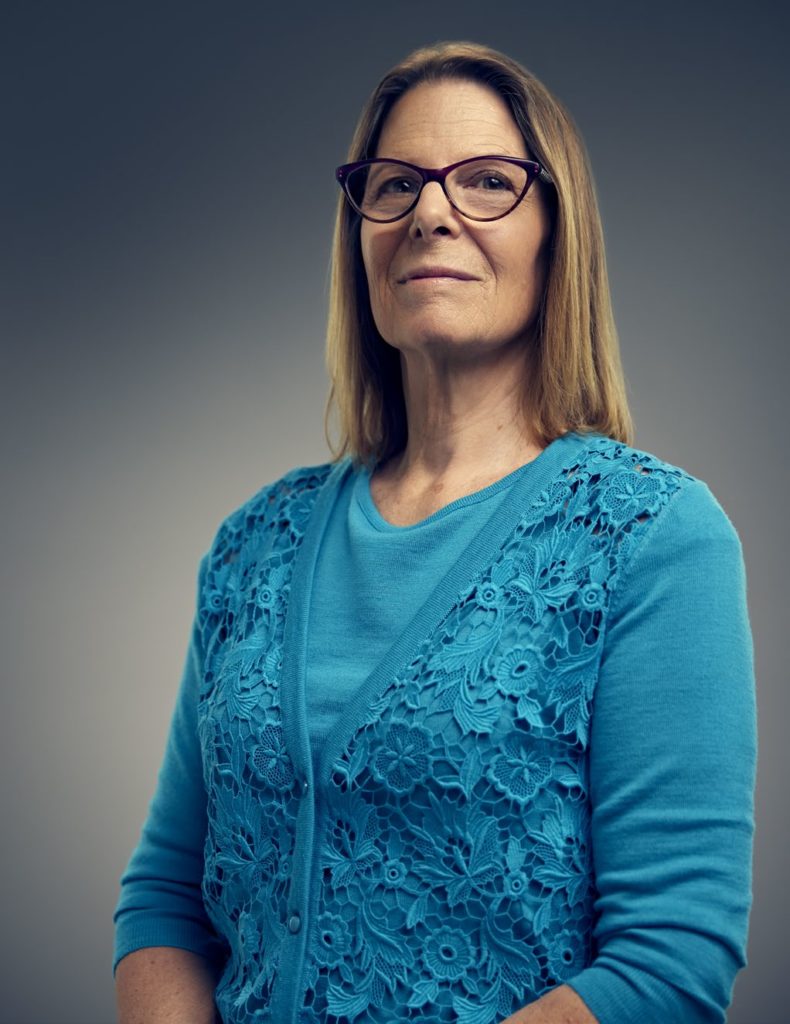Jennifer Connolly
PSYCHOLOGY
HUMAN TRAFFICKING IS A GLOBAL PROBLEM that has garnered significant international and national attention over the past two decades. More than 50 per cent of human trafficking involves sexual exploitation and youths under the age of 18 are significantly over-represented in the sex trade. Highly vulnerable to recruitment for sexual exploitation are girls involved in the child welfare system. Efforts to prevent sex trafficking of underage girls in child welfare is a significant concern of the Ontario government and of the province’s Childrens’ Aid Societies. These prevention efforts are benefitting from an innovative partnership led by Professor and Psychology Department Chair Jennifer Connolly.
Connolly is collaborating with community CAS partners to assist teen girls involved with the child welfare system who may be particularly vulnerable to the luring and recruitment strategies of traffickers. The goal is to provide them with early screening and intervention services to avoid their entrapment in the province’s growing human trafficking trade.
“We now know it’s important to have a model of therapeutic care that can help these young people change their pathway so they can find other ways to form relationships, be successful and engage in their communities,” says Connolly, who researches the promotion of resilience among adolescents and young adults who have experienced adversity in their lives.
Building on the findings of a systematic literature review, Connolly and graduate student Kyla MacDonald have partnered with York Region Children’s Aid Society, Simcoe Muskoka Child Youth and Family Services, and Dnaagdawenmag BinnooJiiyag Child and Family Services to: identify the warning signs of sex trafficking; implement “Start with the Youth”, a model of care that is centred on youths who are showing warning signs; provide specialized training to their caregivers; and implement wraparound therapeutic supports tailored to the specific needs of each youth.
A key element of this project has been the creation of a screening tool that social workers in the child welfare system can use to learn about the warning signs of a youth being trafficked and shine a spotlight on vulnerable youths. Connolly is working with

service providers in CAS agencies, workers in homeless shelters, clinicians who provide therapy to trafficked youths as well as survivors of trafficking in order to fully understand the warning signs and provide evidence-based next steps.
“This research is important because it responds to the needs of community organizations who have been saying these are the things we’re worried about and want to change,” says Connolly. “We’re trying to address socially important issues using community-based research and practice to protect these youth and promote their resilience.”
